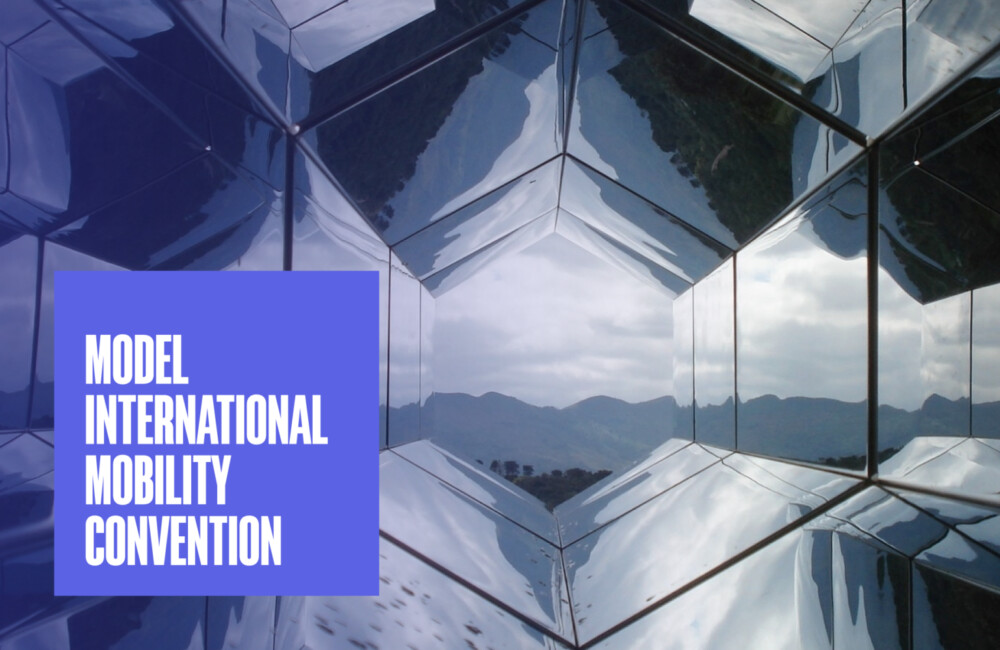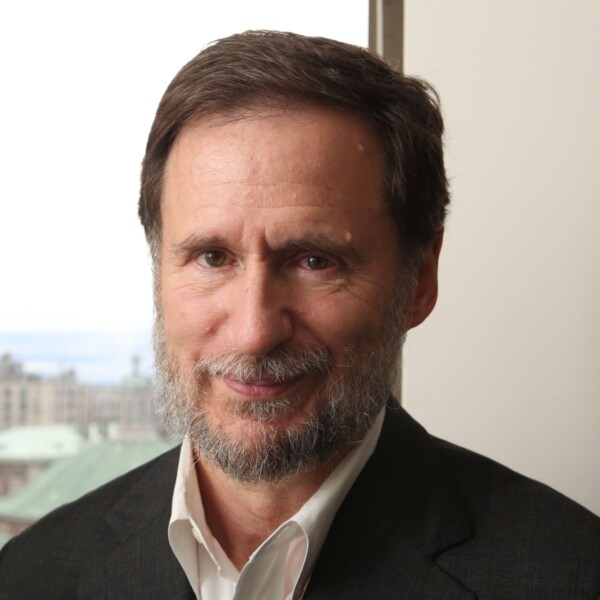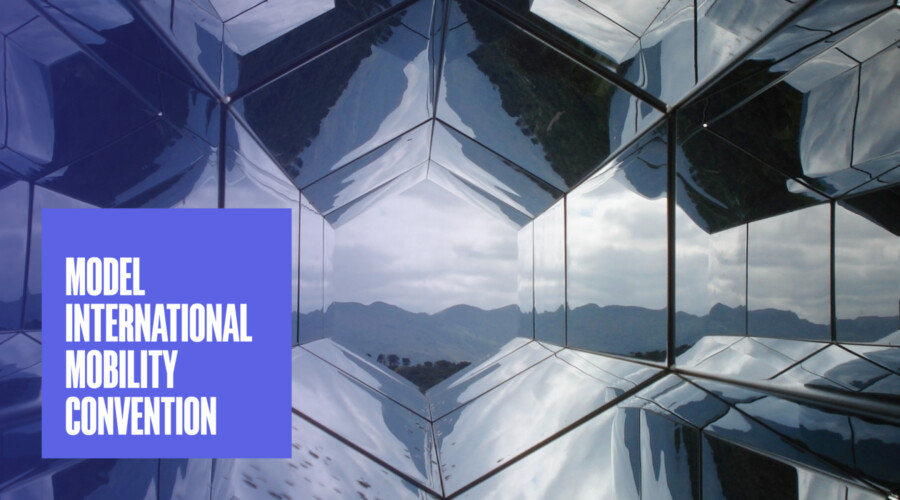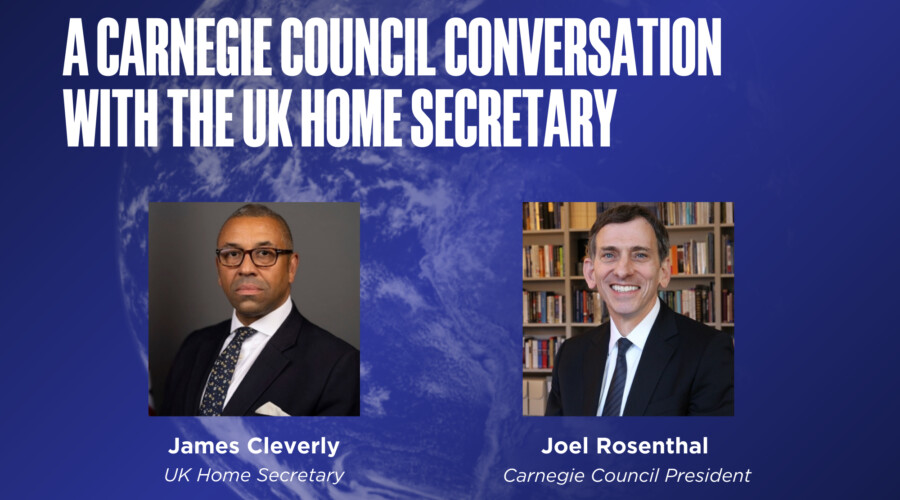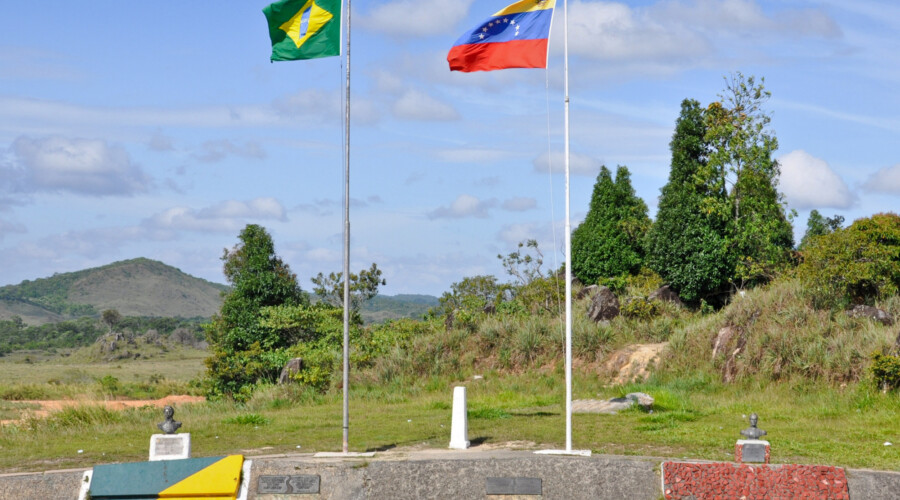This paper was presented at the workshop on “Revising MIMC: Finding Solutions to the Challenges of Today’s Migration” hosted by the Centre for Fundamental Rights, Hertie School, Berlin, Germany, in association with the WZB and RefMig project, on October 13-14, 2022. For more on this workshop, please click here.
Capital, goods, and people are more mobile than ever in our globalized world. Yet the movement of people across borders is still a largely unregulated enterprise at the global level that leaves many people unprotected in irregular and dire situations. International mobility—the movement of individuals across borders for any length of time as labor migrants, entrepreneurs, students, tourists, asylum seekers, or refugees—has no common definition or legal framework.
The absence of a concerted global regime for international mobility, unlike the regimes for trade (WTO), finance (IMF), and development funding (World Bank and regional development banks), is a glaring global governance gap. The humanitarian consequences are most acutely felt in the many forced migrants who do not qualify as refugees under the 1951 Refugee Convention. Increasingly central among them today are those driven by climate change, the so-called "climate refugees," climate "forced migrants," or (more skeptically) "climate-induced migrants."
This paper explores arguments for assistance and asylum (nonrefoulement) that those who are driven by climate to cross international borders can and should claim. It seeks to amend the standards developed by the Model International Mobility Convention and it draws upon the jurisprudence of the Teitiota Case and other recent cases that probe claims for asylum based on climate necessity. It addresses the recent (2022) Torres Straits Island Case and the significant additional protections it recognizes under international human rights law. It will conclude that relying on general human rights conventions such as ICCPR is not adequate and that a special convention focused on climate refugees is required along the lines of the 1951 Refugee Convention, which specifically addressed those facing "persecution" on grounds of "race, religion, nationality, social group, or political opinion."
Carnegie Council for Ethics in International Affairs is an independent and nonpartisan nonprofit. The views expressed within this article are those of the author and do not necessarily reflect the position of Carnegie Council.
